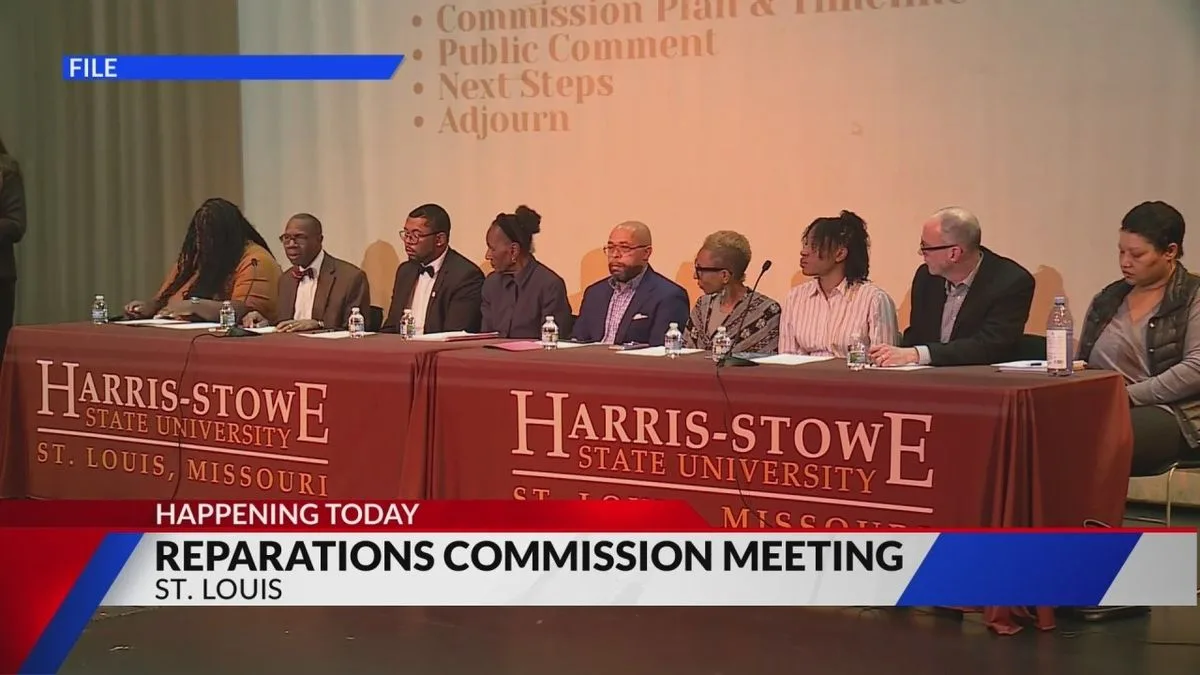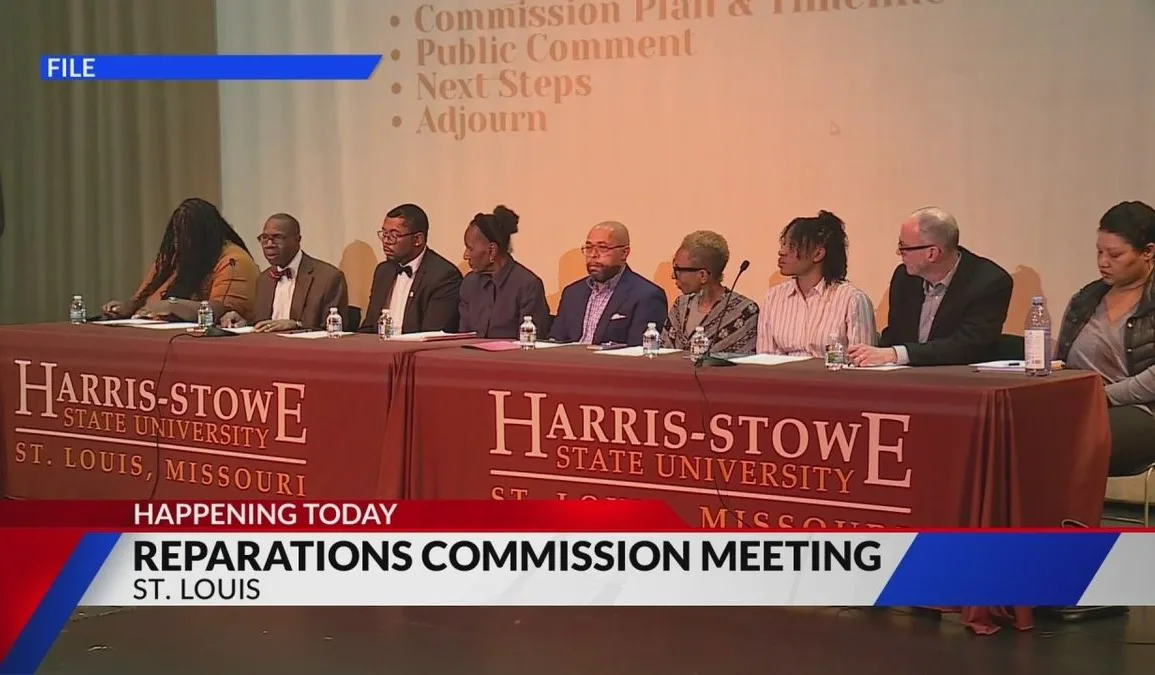
In a city where the echoes of the past resonate through its present, St. Louis Mayor Tishaura O. Jones is poised to take a step that marks a significant moment in the city’s journey towards addressing racial injustices. For the first time since its inception over a year ago, Mayor Jones will attend the Reparations Commission’s meeting, an entity she initiated to confront and mend the deep-seated racial divides stemming from the city’s history of slavery and segregation. This move comes amidst critiques of elected officials’ lack of presence at commission meetings and calls from commission members for vital city funding to support their endeavors.
A Historic Attendance Amidst Growing Calls for Action
Mayor Jones’s decision to attend the Reparations Commission meeting is not merely a ceremonial gesture but a pivotal moment in St. Louis’s ongoing struggle to reconcile with its past. The commission, which has grappled with challenges such as insufficient public engagement and visibility, sees Mayor Jones’s participation as a beacon of hope. Her appearance is in direct response to the commission’s plea for more substantial support from the city, including financial backing to carry out its mission. Despite the anticipation, the mayor’s office has yet to provide a concrete assurance regarding the commission’s request for funding.
The Economic Justice Action Plan: A Glimpse into the Future
During the meeting, Mayor Jones, alongside SLDC CEO Neal Richardson, is set to unveil the city’s ‘Economic Justice Action Plan’. This plan aims to channel investments into predominantly Black neighborhoods, which have suffered from decades of neglect and disinvestment. By focusing on revitalizing these communities, the mayor’s initiative seeks to lay the groundwork for a more equitable St. Louis. This proposal is a crucial element of the broader conversation on reparations, highlighting the city’s commitment to not only acknowledging its racially charged history but actively working towards rectifying it.
Looking Ahead: Challenges and Expectations
The Reparations Commission, initially expected to present its report by March, has been granted an extension until September to finalize its recommendations. This extension underscores the complexity of addressing the legacies of slavery and racism, which are deeply ingrained in the fabric of St. Louis. As Mayor Jones prepares to participate in the commission’s meeting, the city awaits with bated breath, hoping that this engagement will mark a turning point in the fight for racial justice. However, the road ahead remains fraught with challenges, including garnering sufficient public support and ensuring that the commission’s recommendations translate into tangible actions.
As St. Louis stands at this crossroads, Mayor Jones’s involvement in the Reparations Commission’s meeting signifies a crucial step forward. Yet, it also serves as a reminder of the long journey ahead in healing the wounds of the past and forging a path towards a more inclusive and equitable future for all its residents.


